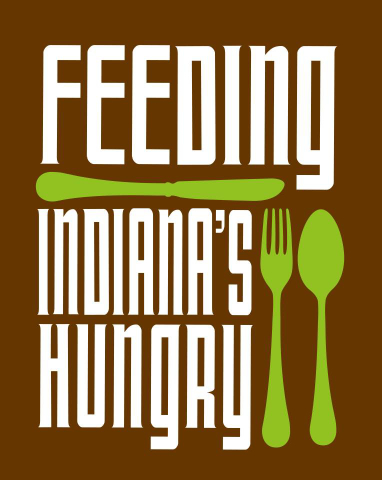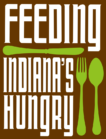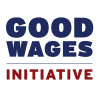As the House begins drafting its version of the 2012 Farm Bill, we hope Congress will remember that the health and well-being of the millions of people who will be affected by any cuts to anti-hunger programs in the House Farm Bill are more important than numbers on the balance sheet.
Our nation’s economy is struggling to recover from the worst recession in decades, and families across America are still hurting. Unemployment remains just below 8 percent in Indiana. Many Hoosiers who were once comfortably middle class or managing to get by now turn to federal programs for help feeding their families.
The member food banks of Feeding Indiana’s Hungry see this firsthand every day with 16 percent of our neighbors, including 1 in 4 children, facing hunger. While our food banks provide 5.5 million pounds of food per month to clients in Indiana at food banks, pantries, and other programs, we could not meet the need without strong federal anti-hunger programs. Only 4 percent of food assistance is privately funded by charity in the United States.
We strongly oppose cuts to anti-hunger programs. With sustained high need for food assistance, food banks across the country are stretched thin, serving more people with less food. For example, food from the Emergency Food Assistance Program (TEFAP), which provides nearly 25% of the food our network distributes, has declined by more than 30 percent from fiscal year 2010 to fiscal year 2012.
Our economy is slowly improving and unemployment is projected to remain high for some time. There is a long path ahead until jobs and opportunities are restored. In the meantime, we need to ensure that vulnerable families, children and seniors have access to three square meals a day.
As important as charity is, it cannot meet the need alone. Food banks like ours cannot fill the gap if SNAP (formerly known as Food Stamps) is cut. SNAP has responded quickly and effectively during the recession to help ensure that Hoosier families, children and seniors have enough to eat. Participants on average spend only 10 months on SNAP. 84 percent of SNAP benefits go to households with a child, elderly person or disabled person.
We ask Congress to oppose proposals that would reduce funding or impose harmful policy changes to hunger-relief programs like SNAP. Investing in hunger relief makes sense fiscally. Hunger increases health care costs, lowers worker productivity, harms children’s development and diminishes their educational performance – these are costs that we cannot afford.
We urge our leaders to work together to strengthen and protect anti-hunger programs like SNAP and TEFAP from budget cuts. Hunger is not a partisan issue. Helping our neighbors in need is one of our most important national values. The cuts to SNAP proposed by the House of Representatives would be devastating to charities like ours and to the clients we serve. Visit us at a member food bank to see the real faces of hunger, and meet Hoosiers whose lives will be affected by these decisions.



